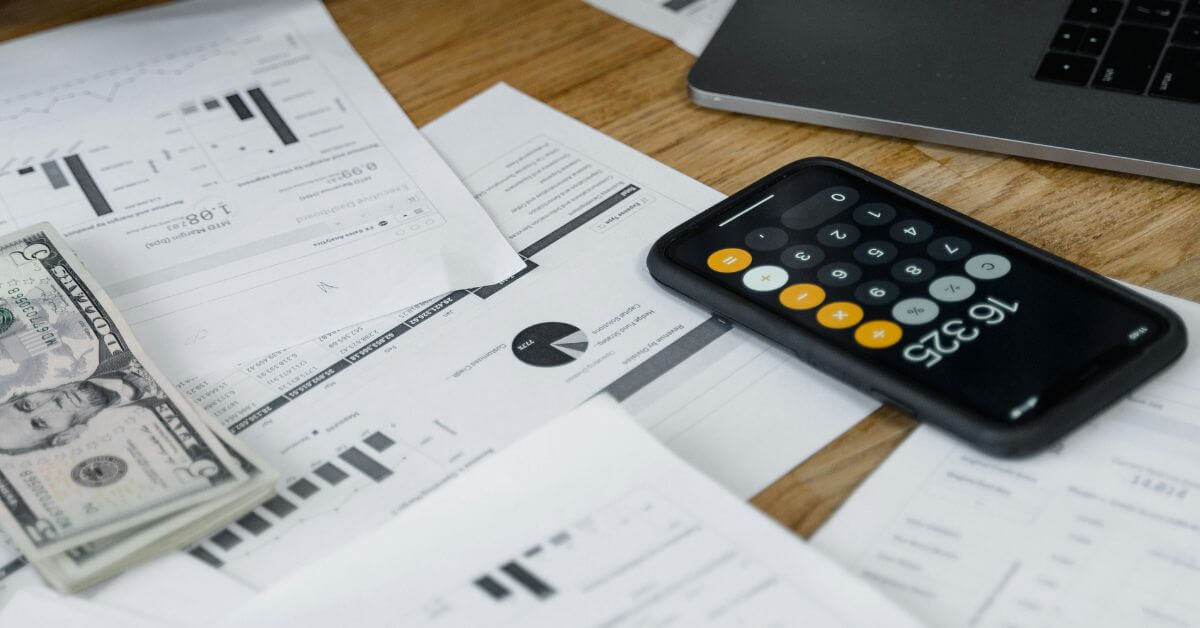In this blog post, I’d like to discuss how music royalties exactly work, because I believe that the majority of young and possibly even established artists are unaware of how royalties are generated and what rights they have as authors/composers. I believe there is an urgent need to address the issue, especially with electronic music which is not as “mainstream” as pop, for example, and so is more easily overlooked. But that is precisely why I believe it is vital to understand your rights in order to make a difference in the scene and be appropriately compensated for your work.
Disclaimer: Please note that the information provided in this article is based on German copyright law. While the principles of music royalties are generally consistent across countries, specific regulations and procedures may vary. Always consult local legal experts or copyright organizations for the most accurate and relevant information for your region.
What are music royalties?
Before we look at the various sorts of royalties below, let’s first define music royalties briefly: Music royalties are payments made to authors and composers when their work is used, performed, or reproduced. Unlike master rights (recording), which are provided to labels so that they can duplicate the songs, publishing rights (composition) are held by the composer and are due to them when their work is replicated. So, if you are a producer who creates electronic music, you are the sole author of this intellectual property and can be compensated for it through licenses of use as soon as your art is distributed. Let’s take a look at the different kinds of royalties that are generated from electronic music.
Types of music royalties
In general, there are three sorts of royalties that are important to electronic music. In today’s digital age, the categories overlap slightly, making things somewhat more complicated, and there are unique issues for the genres of electronic music, but more on that later. The three forms of royalties are:
Mechanical royalties
Mechanical royalties are paid when your music is replicated, whether in physical formats like vinyl and CDs or, more recently, in digital ones like downloads and streaming. In the world of electronic music, these royalties are earned when your tracks are sold on sites like Beatport or iTunes or played on services like Spotify and YouTube. The respective collecting organisations have agreements with these platforms and collect money for the authors (unlike Bandcamp, where the artists/labels are responsible for paying the authors’ mechanical royalties).
It is important to note that these payments are not the same as those made to labels who distribute the music. These stores pay labels for the right on the master (record) and pay PROs for publishing rights (composition). This is critical to fully understand the payment flows.
Read more: how much music streaming services pay per stream.
Performance royalties
Performance royalties are collected whenever your music is played in public, such as in clubs or bars, festivals, or on radio stations. For electronic music artists, this means that,, you will receive royalties when your tracks are played in DJ sets at clubs or events, or when they are broadcast on radio stations. Performing rights organisations (PROs) such as ASCAP, BMI, and GEMA then manage these royalties and ensure that artists are compensated for public performances of their music – in theory (more on that later). If you want to learn more about PROs, check out my blog post about PROs.
Sync royalties
When your music appears in visual media such as films, television shows, commercials, or video games, you get sync royalties. Sync contracts can be particularly lucrative for electronic music creators because these media products, such as advertisements or films, are frequently played back, and the royalties are accordingly substantial. These royalties are negotiated directly with media companies or through a music publisher and can result in a substantial increase in income if your music is chosen for high-profile projects.
Challenges with royalties in electronic music
In practice, there are some challenges in the electronic music genre, particularly in niche genres like techno. As the creator of a track, you are entitled to performance royalties whenever your track is publicly played in a DJ set anywhere in the world. However, unlike “traditional” concerts, where it’s clear in advance which songs by which artists will be played, this is typically not the case at raves. The royalties that venues pay to performance rights organizations can’t be easily allocated. This is because, on the one hand, there’s no standardized system for recognizing individual tracks within DJ sets, and on the other hand, the main players in this complex issue (DJs, venues, and rights organizations) tend to shift the responsibility onto each other.
In my opinion, the responsibility lies with the performance rights organizations, as they are the ones collecting licensing fees from venues for public events. Therefore, they should also ensure that these funds are correctly distributed. Some performance rights organizations, like the Dutch BUMA STEMRA, have made progress in this area and are, to my knowledge, already capable of tracking DJ sets down to the individual track level at festivals using software. I believe that with ongoing digitalization, we will continue to move in this direction, and performance rights organizations will increasingly be able to track DJ sets with precision. However, we’re not quite there yet. In Germany, for instance, GEMA uses a different system, which, in terms of fairness, should at the very least be critically examined. I’m covering this issue in more detail in my blog post about the problem with GEMA.
Conclusion
As you may have noticed, this topic is somewhat complex and not easy to grasp. However, it’s important to take proactive steps to protect your rights and ensure you’re fairly compensated for your creative work. That’s why the first step is to educate yourself on the subject.
Understanding and managing music royalties is essential for every electronic music producer or artist. By familiarizing yourself with the different types of royalties and addressing the specific challenges of the electronic music scene, you lay the foundation for making the right decisions.
Second tip: Sign up with a performance rights organization (PRO). As soon as your music is distributed online, streamed, or played publicly in any way, it makes sense to register with a PRO. Initially, the membership fees might be higher than what you earn, but it helps you understand how the system works and gives the PRO a chance to distribute the money correctly. Especially in the electronic music genre, money often remains unclaimed at PROs because the creators haven’t registered their works. In my opinion there will be technical advancements In the long run, that allow for accurate tracking of DJ sets, even in the darkest, smallest clubs. When that time comes, it’s advisable to have all your works properly registered with a PRO.
Another tip: You don’t necessarily have to register with the PRO in your home country, as most operate globally. Do your own research and find out which PRO offers the best services for your genre or specific needs.







